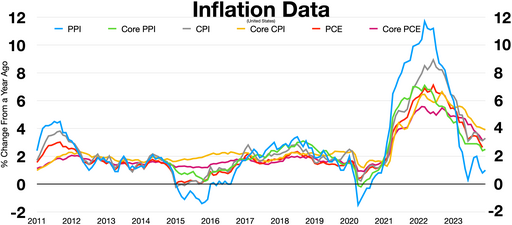
Two years into the COVID-19 pandemic, as the US approaches — according to the official statistics — 80 million confirmed cases and a million deaths, most Americans seem to finally understand that America’s “public health” institutions were the opposite of helpful in combating the disease.
US Senator Rand Paul (R-KY) has a solution: Triple the number of such institutions at the top.
He’s introduced an amendment to Section 401 of the Public Health Service Act which would split the National Institute of Allergy and Infectious Diseases into three separate agencies (a National Institute of Allergic Diseases, a National Institute of Infectious Diseases, and a National Institute of Immunologic Diseases).
Each of these new technocratic/bureaucratic organizations would get its own director, its own staff, and its own budget in addition to its own, theoretically smaller, bailiwick.
Paul’s focus here seems to be on the baleful influence of one man: NIAID director Anthony Fauci.
While it’s true that Fauci was the most prominent public face of government failure in the pandemic, he was hardly, as Paul’s press release puts it, a “dictator in chief.”
Fauci didn’t have the power to drag his heels on approval of COVID-19 vaccines (he doesn’t head the Food and Drug Administration).
Nor did he have the power to mandate vaccinations (those mandates were done at the state level and by other federal departments), or implement Soviet-like internal “vaccine passport” requirements (ditto).
He didn’t have the power to mandate the wearing of masks. Again, those mandates were local, state, and other federal agency affairs. In fact, early on — before politics took full hold of pandemic response — he stood on the science and pointed out that there’s no significant evidence that masking reduces the spread of viral diseases.
He didn’t have the power to mandate or forbid the use of hydroxychloroquine or ivermectin to treat COVID-19. In fact, no agency had the power to forbid those treatments, since they are both FDA-approved drugs which doctors are free to prescribe “off-label” at their discretion.
Fauci really only exercises two types of power.
One is the aforementioned power of the “public face.” He spoke authoritatively from a “top” government position, so people assumed (for a little while, anyway) that he knew what he was talking about.
The other is the power of controlling funding for research. That power comes in handy when you want research that supports your claims, and don’t want research that contradicts them.
In his quest to “get” Fauci, Paul proposes to create three new “public faces” to push whatever policies they happen to support, and three new points of control over research funding to justify those policies.
That’s like trying to subdue a knife-wielding maniac by handing him a machine gun and a baggie full of PCP-laced methamphetamine.
If we want to avoid future stupendous “public health” failures and the authoritarian power grabs that inevitably accompany those failures, we need to eliminate, or at least reduce, the authority of the people and institutions that fail. Tripling the technocracy won’t fix it.
Thomas L. Knapp (Twitter: @thomaslknapp) is director and senior news analyst at the William Lloyd Garrison Center for Libertarian Advocacy Journalism (thegarrisoncenter.org). He lives and works in north central Florida.
PUBLICATION HISTORY


